Pah-La at the Royal Court Theatre
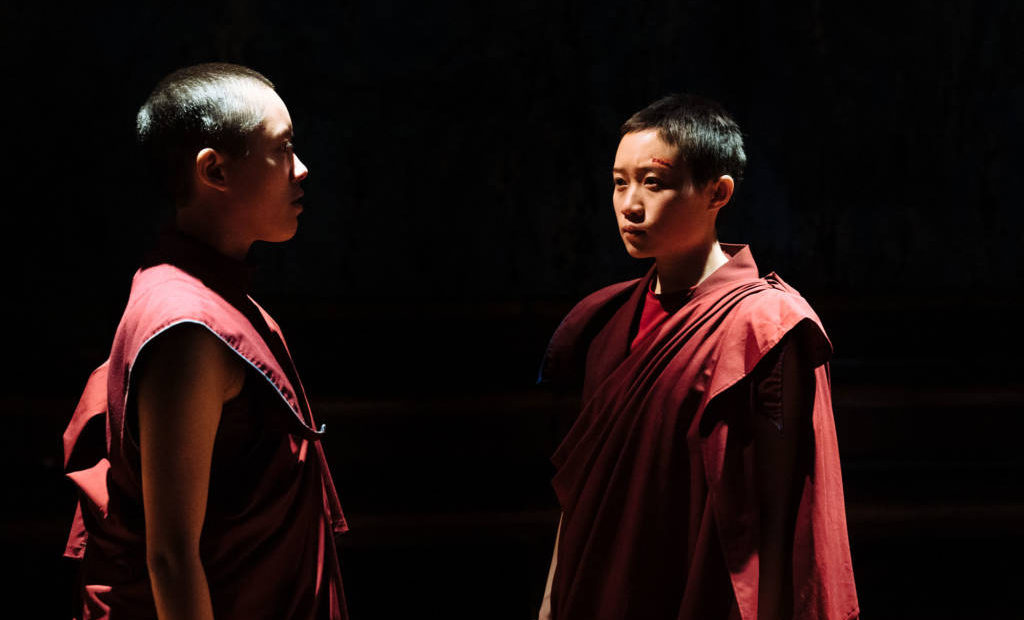
Pah-La hasn’t been without controversy. All the way back at the start of 2018 the Royal Court was called out for failing to put it on the previous autumn as reportedly scheduled, with playwright Abhishek Majumdar accusing the theatre of withdrawing the piece due to fears of a potential negative Chinese reaction that could impact the Court’s arts programme in Beijing. And then, in the run-up to the play’s staging, the theatre had to issue an apology over its casting process, one that left the production without a single Tibetan performer.
Those issues shouldn’t overshadow the play itself, however, a fiery and philosophically dense fictionalisation of real stories from the 2008 Lhasa riots. Deshar (Millicent Wong, making an impressive UK stage debut in a very demanding role) is a troublesome, defiant Buddhist nun, refusing to bow to the re-education demanded by the occupying Chinese forces, given shape here by Daniel York Loh’s slumped, haunted Inspector Deng and Gabby Wong’s conflicted Ling. The destruction of her nunnery leads Deshar to light up the world with her voice, an act of self-violence that unwittingly unleashes the rage of a people sick of its throat being crushed by the boot of its neighbour.
Director Debbie Hannan and her team do a great job of creating some remarkable, lingering imagery to go alongside the heavy text. The brow-singeing roar of immolation is all the more spectacular for being in the Court’s tiny upstairs space, while Deshar’s grisly, detailed makeup post-burning induces the audience to wince with her every movement.
Majumdar seems interested in what breeds violence, and who carries the torch of said violence from generation to generation, a traditionally male lineage that is unintentionally subverted by Deshar’s actions. The point is perhaps inelegantly expressed in a speech that runs down a litany of male leaders (and fathers) – you could literally pick any of them from history and they’d fit – and suffers from the lack of time spent on Deshar’s relationship with her dad when paralleling Deng’s own missing daughter, but it’s hardly inaccurate.
If you’re unfamiliar with the political and religious landscape of Tibet, Pah-La can be tricky. That’s not a knock: Majumdar’s unwillingness to hold Western hands is to be applauded. But combined with dialogue that is often just ideological sparring, performances that can feel a bit stagey and an ending that veers towards melodrama, the play isn’t necessarily the easiest thing to process
Connor Campbell
Photo: Helen Murray
Pah-La is at the Royal Court Theatre from 3rd April until 27th April 2019. For further information or to book visit the theatre’s website here.



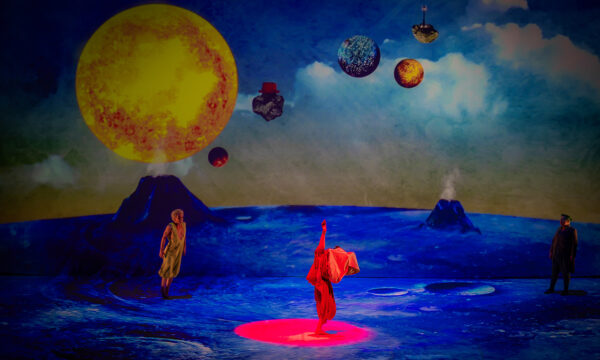
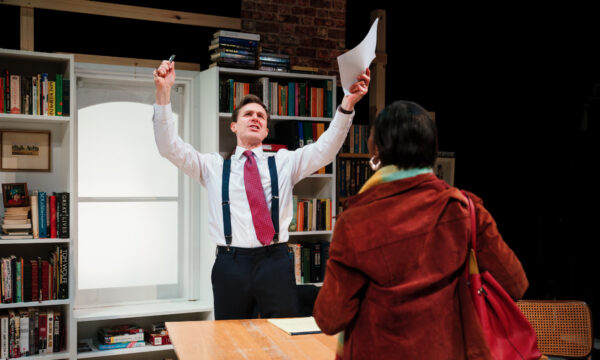
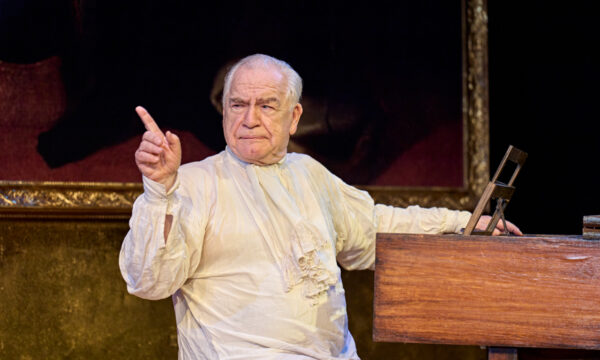
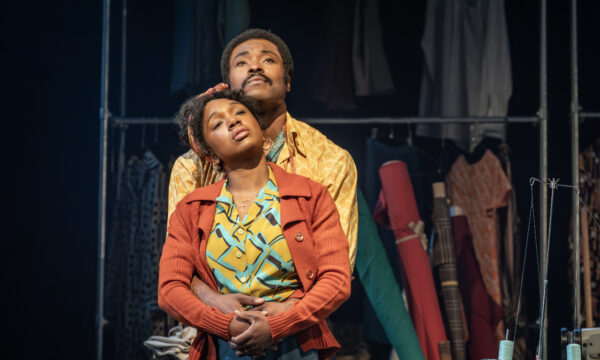
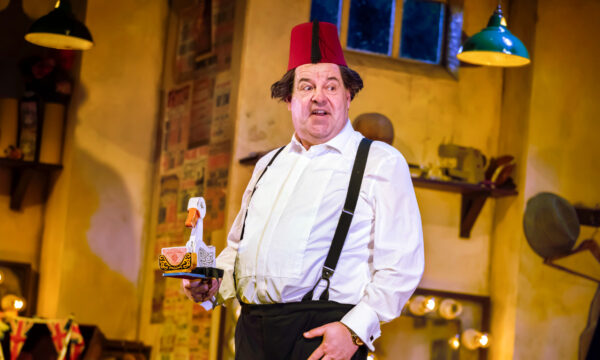
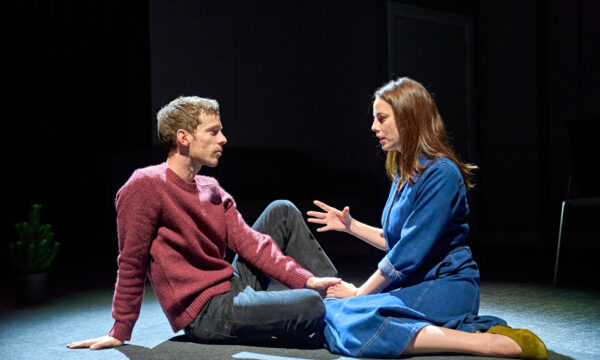
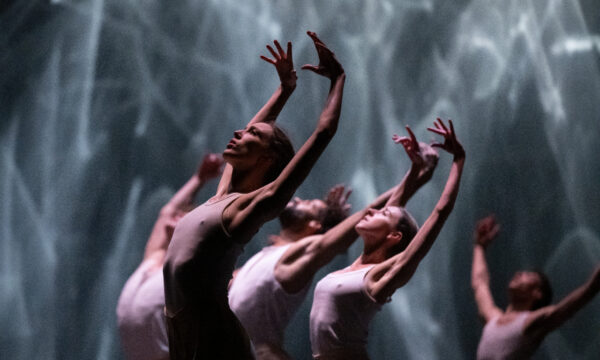











Facebook
Twitter
Instagram
YouTube
RSS